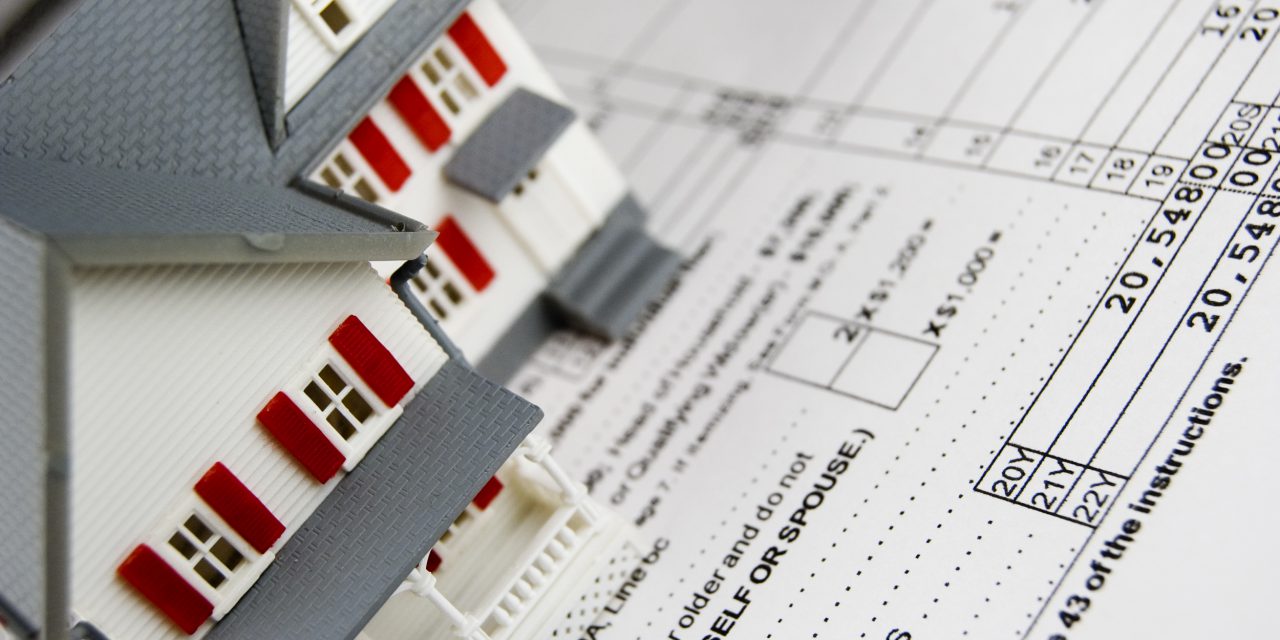How much property tax did you and your clients pay last year?
Roughly 70% of California homeowners pay an effective tax rate of less than 1%, as of the 2015 tax year. 40% of California homeowners pay less than 0.5%, according to Trulia.
The piece of legislation behind California homeowners’ low property tax rates is Proposition 13 (Prop 13).
Prop 13, also known as the People’s Initiative to Limit Property Taxation, was voted into California’s Constitution in 1978. It caps the amount property taxes may increase each year.
Prop 13 limits property taxes to 1% of the property’s assessed value. The property’s assessed value equals the property’s base value (the property’s value at the time of purchase), plus an inflation factor determined by California’s consumer price index (CPI).
Related article:
Places of the state with the highest home values have the lowest effective property tax rates. The lowest average property tax rate in 2015 — 0.42% — is in Palo Alto, where the median home value was over $2.2 million that same year, according to Trulia.
On the other hand, the highest effective tax rates are found in areas of the state with low home values. Beaumont has the highest average property tax rate — 1.37% — and here the median home value is just $260,000.
Average property tax rates are consistent with an area’s:
- home value growth;
- long-term resident population; and
- new housing construction.
Therefore, a place with rapid home price growth, a large number of long-term residents and little new home construction — like Palo Alto — will have a lower effective tax rate.
California lost over $12.5 billion in 2015 to reduced property taxes. Is this a problem? It depends on who you ask.
The pitfalls of Prop 13
For wealthy homeowners who have lived in their homes for many years, Prop 13 is terrific. In fact, the very reason for Prop 13’s creation was to protect elderly homeowners living on fixed incomes from losing their homes due to escalating property values/taxes.
Over the past few decades, Prop 13 has accomplished this — and more — at the expense of new homeowners and renters.
Some of the negative effects spread by Prop 13 include:
- reduced sales volume, as current homeowners are incentivized to stay in their current home to keep their low tax rate;
- new homebuyers — typically young families with less wealth than their more established neighbors — pay higher tax rates than their neighbors, who benefit from the same government services their property taxes support;
- local governments need to make up for the lost revenue from property taxes by requiring:
- higher income tax rates;
- higher sales taxes; and
- more business taxes, according to the Tax Foundation;
- major loopholes allow for investors and businesses to take advantage of reduced property taxes — not the law’s intention; and
- all of this lost tax revenue leads to lower quality government services.
The thing is, the law could be changed to protect older homeowners from property tax increases, while eliminating the negative effects mentioned above. For instance, the law could cover only those in a certain income tax bracket, and/or those over a certain age.
But it’s extremely unlikely the law will ever change. Once people get used to a tax break, they won’t vote to eliminate it. Further, any changes to California tax law which result in an increase in taxes (of any kind) are required to be passed by a two-thirds majority in both legislative houses. [Calif. Constitution Article XIII Sec. 3(a)]
Finally, first tuesday is in no doubt of its readership’s feelings on the matter. A recent poll showed 82% of our readers were in favor of Prop 13.
We aren’t proposing California eliminate Prop 13. But reforming it to eliminate corporate loopholes is the least California can do to regain some of the lost revenue that harms local infrastructure. For example, consider the 2013 revelations that Michael Dell was able to avoid paying over $1 million in annual property taxes on a hotel purchase by using Prop 13’s corporate loophole.
Ought California homeowners and renters continue to subsidize large corporations? Tell us what you think in the comments.




















Interesting.
That’s a lie ! 9000 businesses left in 2018 ! And people are sick of the democrats who are destroying CA ! At one time CA was 3rd in the world in economy , Now 6th . It’s a shit hole . S.F. is a shit hole. No one misses CA ! Why don’t you stop telling lies and shut you’re pie hole moron!
The extra charges of a government on the purchasing of property in the form of general country tax can be eliminate easily with in a seven days according to the rules and regulations of a government,If you write an application with the authentic reasons for a elimination of property tax and also attached a legal documents of a property tax pairs after that submitted in the government office by the tax layers which is helpful for you to approved the claim of your property tax in the seven days without any allegations of a government on the application of your property tax ,Remember don’t write any irreverent reasons in the applications of property tax you want to submit in the office of government and also don’t attached any illegal or extra document of property which increase the chances to refuse or neglect your claim application ,So keep it in your mind all the instructions and requirements given to you by the tax layer after concerning this kind of matter according to the current policy of government .
Thank
More statistical trash! Could it be that Palo Alto has a population of 66,ooo and therefore a low property tax on expensive houses still gets the City a higher tax revenue than Beaumont with a population of 24,ooo would need a higher property tax rate to help cover the cities’ most basic services. You again are looking to engage in class warfare or war against the most affluent sectors of society. Since when do we need to give more power to cities and state to take from the so called “rich” to give to the so called “poor”. How about limiting the cost of government with better competition for public service companies that carry the real services of a city rather than crooism and awarding contracts to political contributing companies? How about limiting the salaries of Congressmen, City politicians, and limiting the pension plans? The goal of your article is to get the City more money not better and more widespread services to the citizens of the city at cheaper prices. Your article is just a sham in many levels. Government whether it is the State or City work for the people not the other way around. If you want more money for the state or city you better make an argument for the quality and the services the city has provided and how the people can certify that government has not squandered the peoples monies.